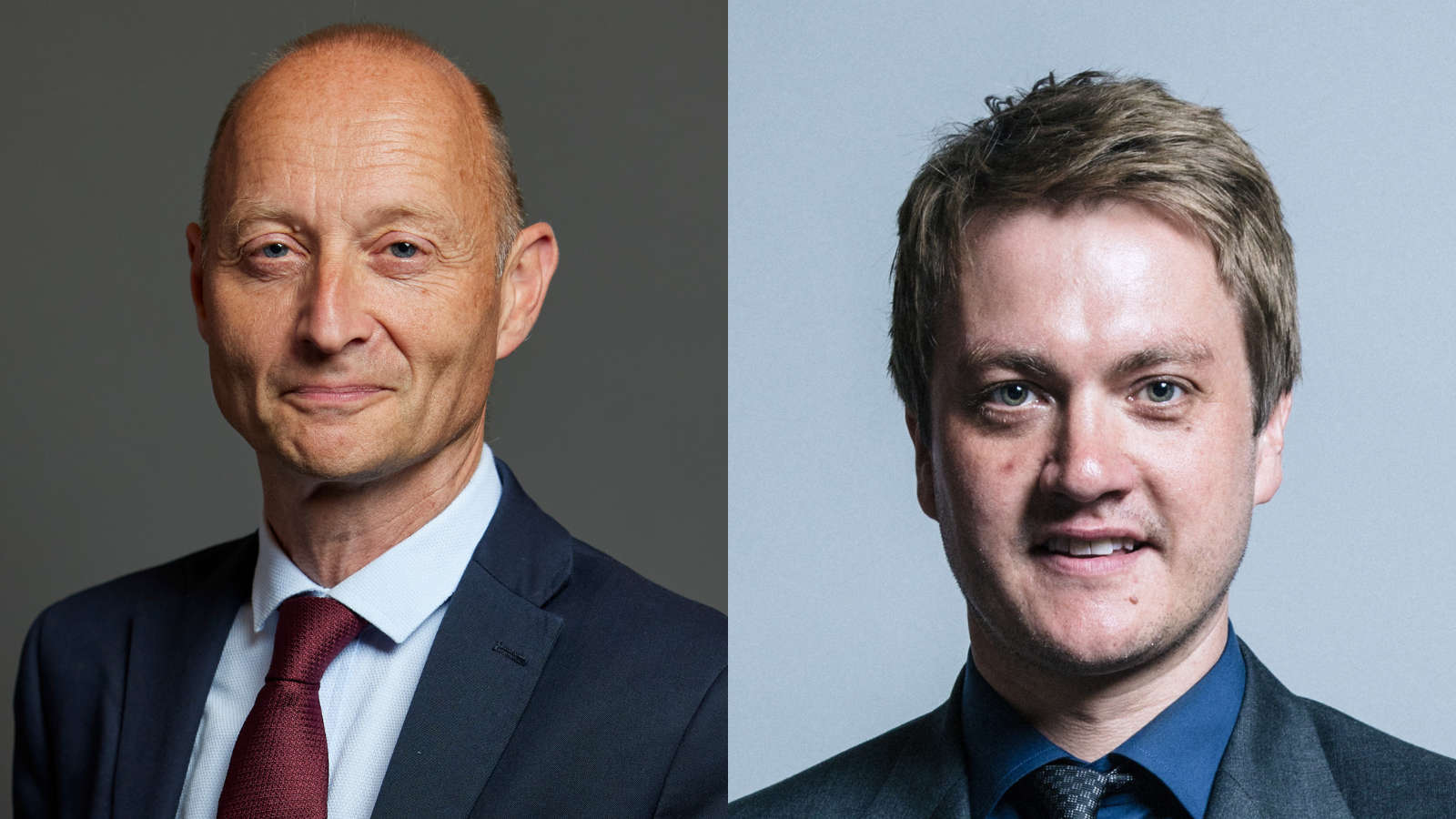
Rochdale MP Paul Waugh and Bury North MP James Frith have launched opposition to the parliamentary process surrounding the Terminally Ill Adults (End of Life) Bill, calling for urgent reform to how private members' bills are debated in Westminster.
Waugh and Frith have jointly signed an open letter urging the Leader of the House to extend scrutiny time for what they describe as "perhaps the most consequential piece of legislation that has appeared before the House in generations."
The MPs raise serious concerns over the way the bill is being handled in Parliament.
If approved, the bill would allow adults who are terminally ill to request medical assistance to end their lives, with the approval of two doctors and a High Court judge.
They say MPs will vote on the final draft this Friday without having seen the complete text in advance.
"This is not a normal Bill," the letter states. "It alters the foundations of our NHS, the relationship between doctor and patient, and strips power away from Parliament, concentrating it in the hands of future Secretaries of State for Health."
The MPs highlight their concerns around the nature of the process:
- Just 12 out of 133 tabled amendments were voted on at the report stage.
- Only 14 percent of MPs have been able to speak on the Bill.
- Some MPs who submitted amendments were not even allowed to speak to them.
Despite limited debate, the Bill has been significantly expanded from its original form presented in November. It now spans 64 clauses and two schedules, making it longer than the Government's Border Security, Asylum and Immigration Bill.
New Clause 2, which passed last Friday with a sizable majority, was described as a fundamental shift introduced at the eleventh hour, reflecting widespread discomfort within the House. The MPs argue that this late addition underscores the urgent need for proper parliamentary time and scrutiny.
"This is no longer about the abstract principle of assisted dying," the MPs write. "The Bill before Parliament has created real concern with medical experts and charities."
They are calling on the Government to heed the advice of medical professionals and voluntary organisations, many of whom have raised red flags about the Bill's implications for vulnerable people.
"The Private Member's Bill process has shown itself to be a woefully inadequate vehicle for such a foundational change," they argue, stressing that the Government must step in.
The letter concludes with a direct appeal to the Leader of the House: "Allocate more Parliamentary time to the scrutiny of this Bill, the valid concerns that Members have about its implementation, and the consequences it could have on vulnerable populations."
Both James Frith & Paul Waugh voted against the Bill at Second Reading in November.


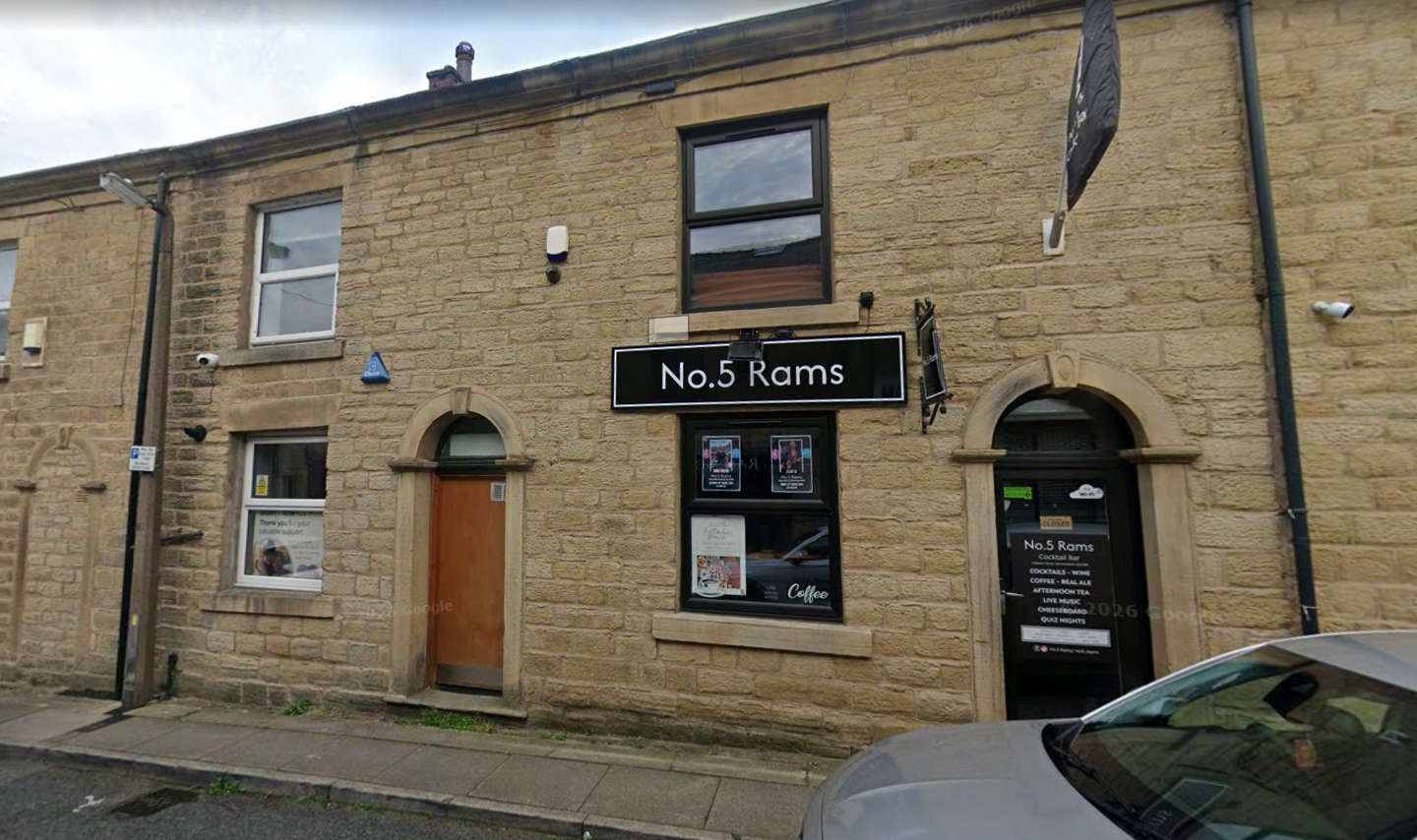 Bartender has alcohol license revoked due to drink driving
Bartender has alcohol license revoked due to drink driving
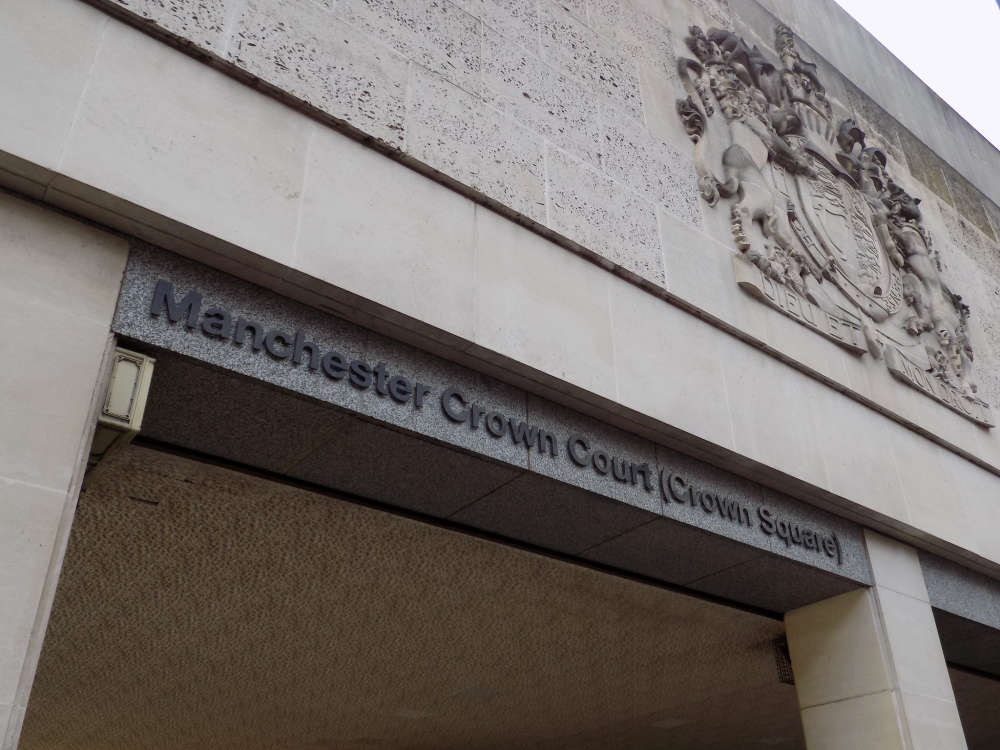 Radcliffe child sex offender jailed for life after abusing five children
Radcliffe child sex offender jailed for life after abusing five children
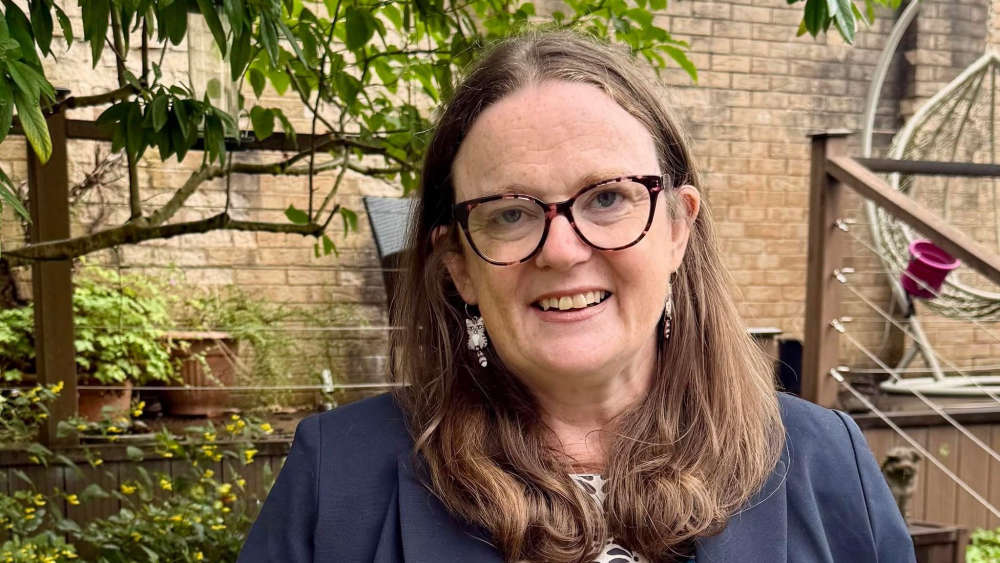 Conservatives select Emma Lee as candidate for Tottington by election
Conservatives select Emma Lee as candidate for Tottington by election
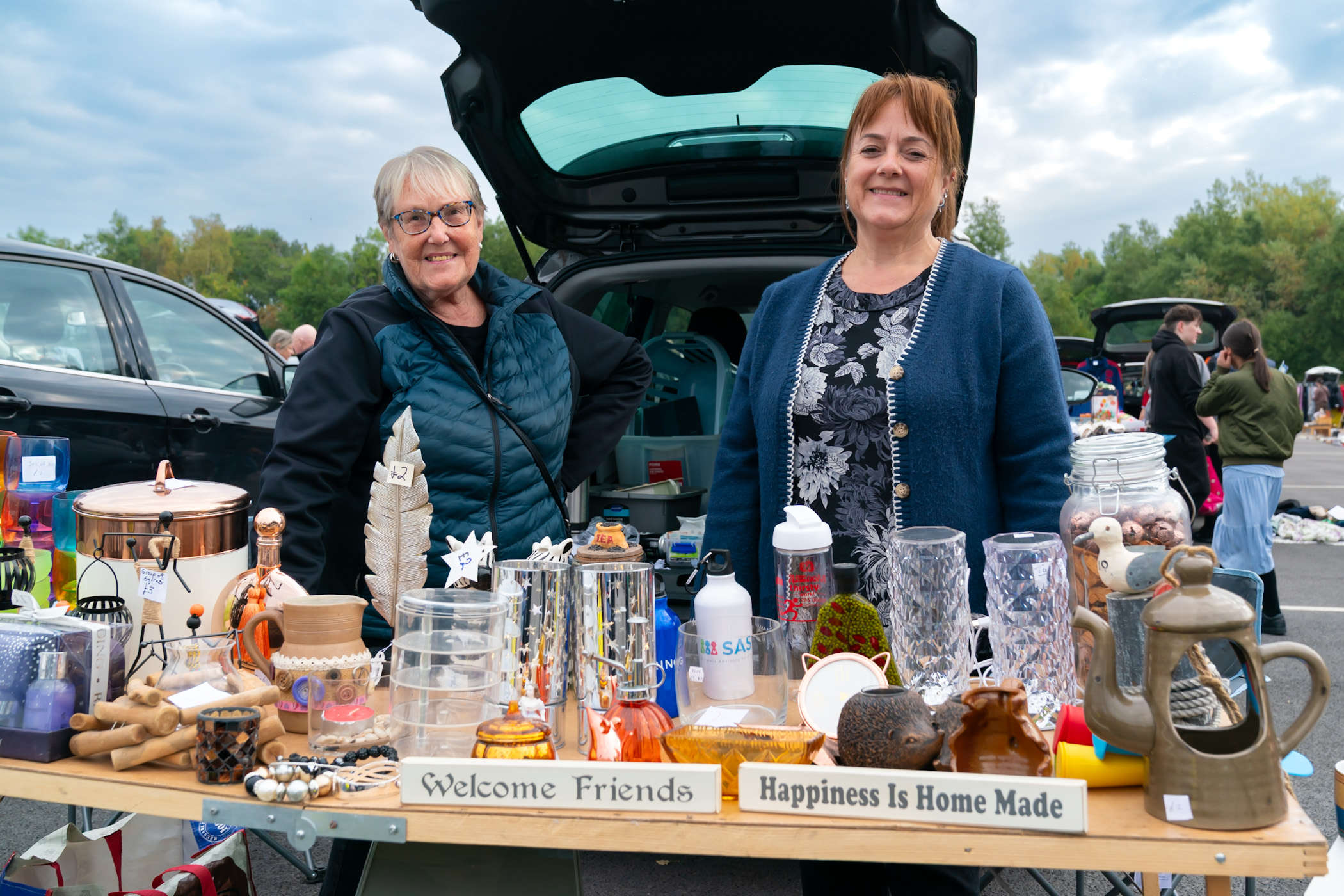 Bowlee car boot sale returns for the 2026 season
Bowlee car boot sale returns for the 2026 season
 Inside the major refurbishment transforming Tenpin Rochdale
Inside the major refurbishment transforming Tenpin Rochdale
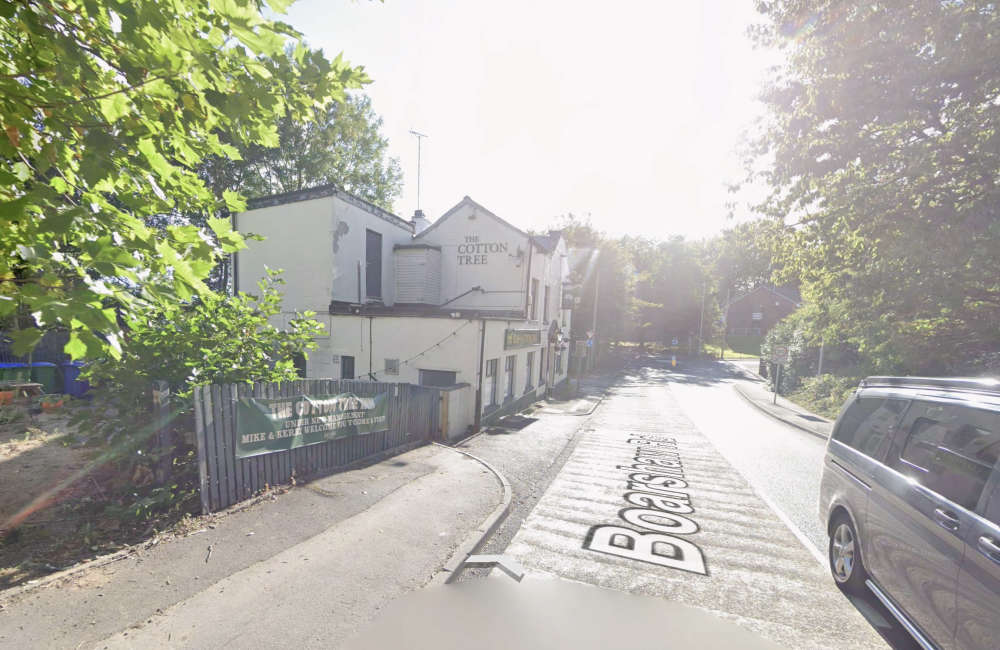 Former Middleton pub could reopen as convenience store after closure
Former Middleton pub could reopen as convenience store after closure
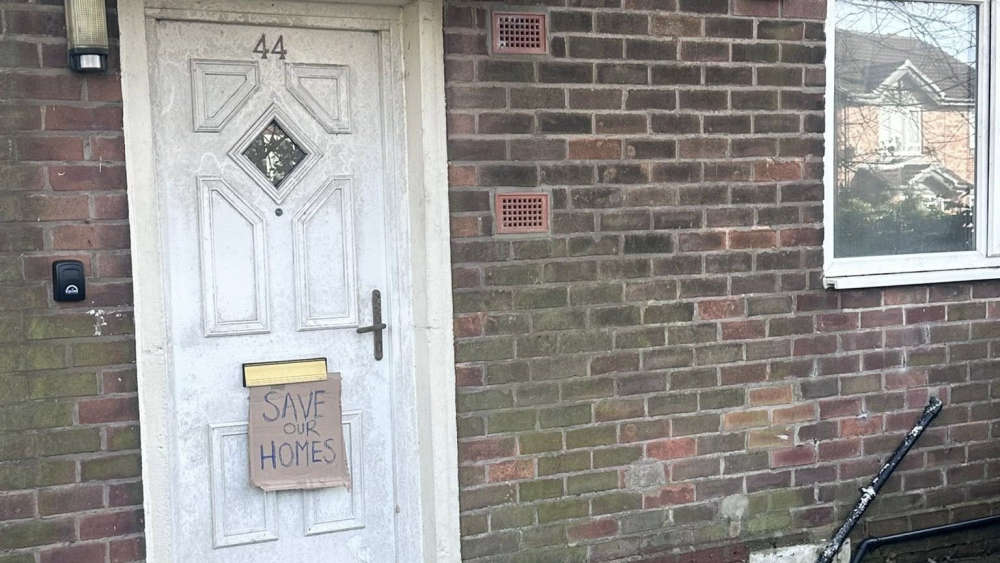 Councillors raise concern over Riverside Housing sale of social homes in Middleton
Councillors raise concern over Riverside Housing sale of social homes in Middleton
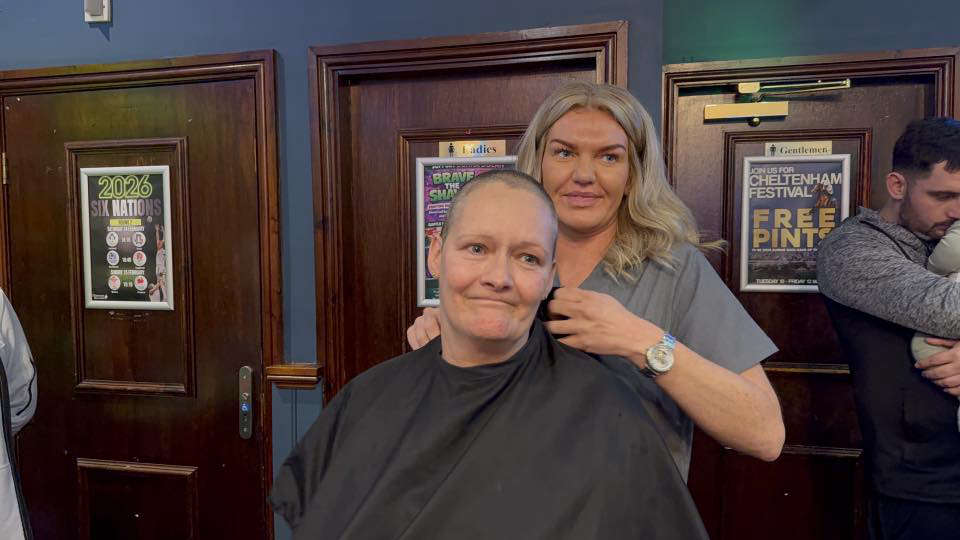 Heywood community raises £1799.65 as Donna Dolan shaves hair for Macmillan
Heywood community raises £1799.65 as Donna Dolan shaves hair for Macmillan
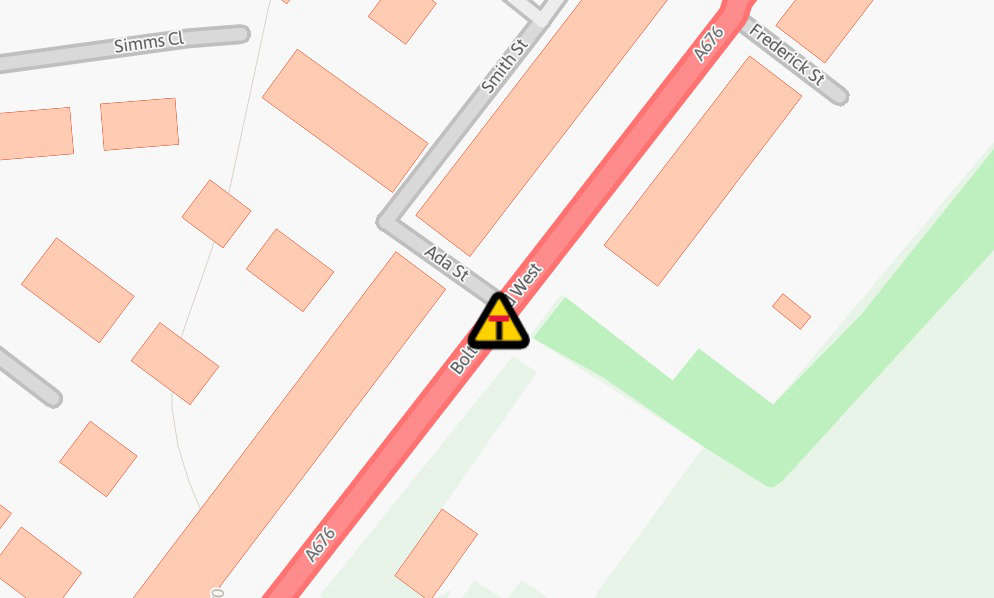 Road closure in Ramsbottom
Road closure in Ramsbottom
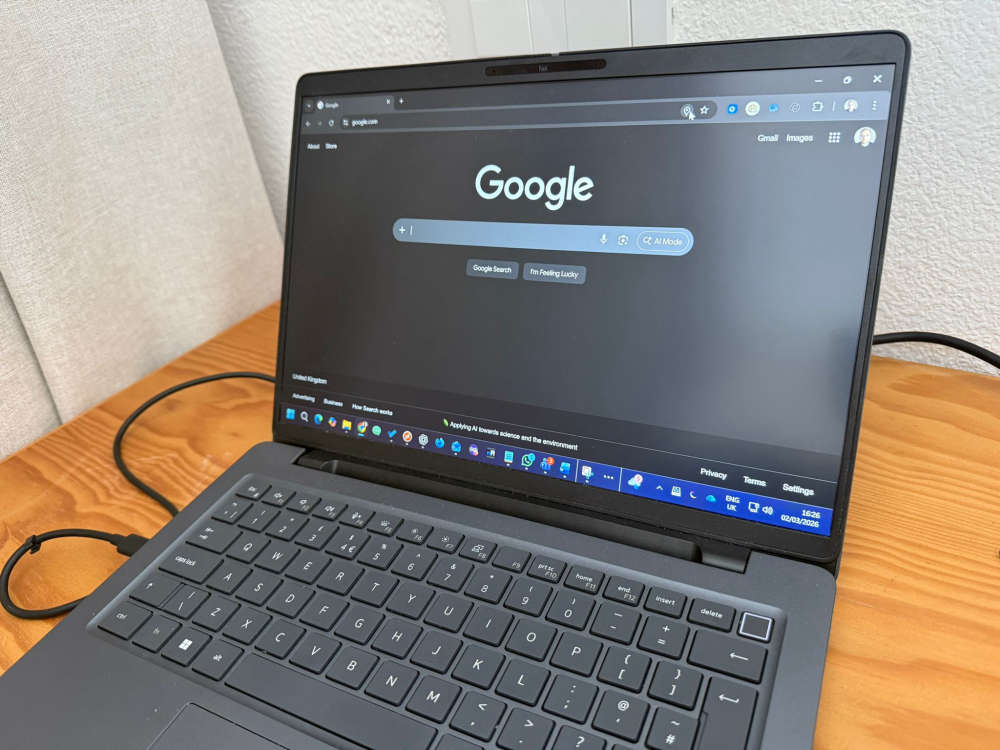 Rochdale families urged to shape national consultation on keeping children safe online
Rochdale families urged to shape national consultation on keeping children safe online
 Civil war erupts as Labour activists in Gorton and Denton say party is ‘not willing to change’
Civil war erupts as Labour activists in Gorton and Denton say party is ‘not willing to change’
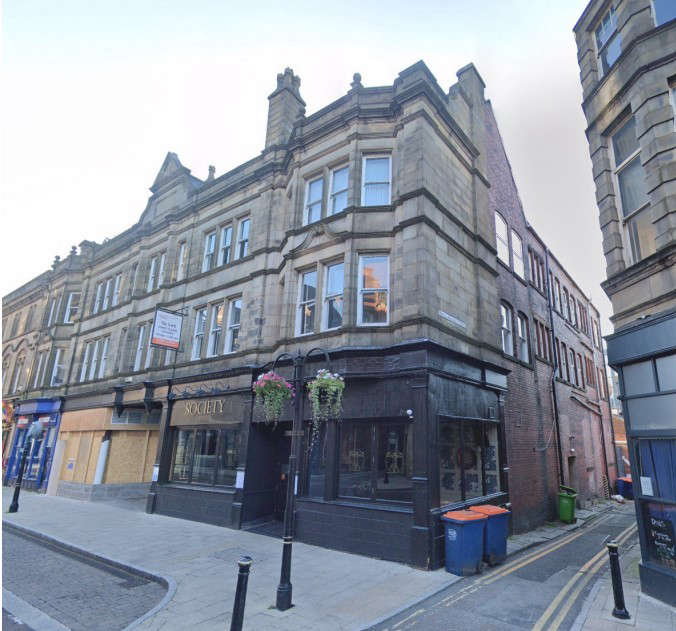 Silver Street offices approved as temporary housing
Silver Street offices approved as temporary housing



